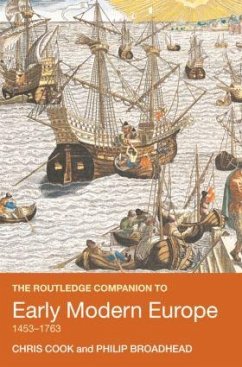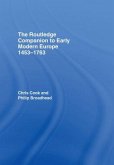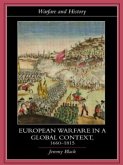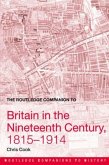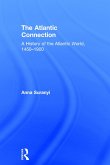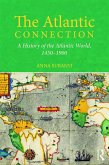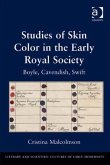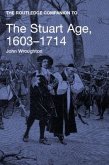This compact and highly accessible work of reference covers the broad sweep of events as Europe transformed during the period from the Renaissance to the Enlightenment.
This Companion examines the centuries that saw the Reformation and Counter-Reformation, the expansion of Europe and the beginnings of imperialism and enormous changes in the way government and kingship were conducted.
With a wealth of chronologies, tables, family trees and maps, this handy book is an indispensable resource for all students and teachers of early modern history.
Hinweis: Dieser Artikel kann nur an eine deutsche Lieferadresse ausgeliefert werden.
This Companion examines the centuries that saw the Reformation and Counter-Reformation, the expansion of Europe and the beginnings of imperialism and enormous changes in the way government and kingship were conducted.
With a wealth of chronologies, tables, family trees and maps, this handy book is an indispensable resource for all students and teachers of early modern history.
Hinweis: Dieser Artikel kann nur an eine deutsche Lieferadresse ausgeliefert werden.
'The entries are by necessity brief and condensed but the range of entries more than compensates: this remains one of the best, if not the best, starting points for anyone wanting the essential information required about an event or person during this period.' - Contemporary Review
'The entries are by necessity brief and condensed but the range of entries more than compensates: this remains one of the best, if not the best, starting points for anyone wanting the essential information required about an event or person during this period.' - Contemporary Review

